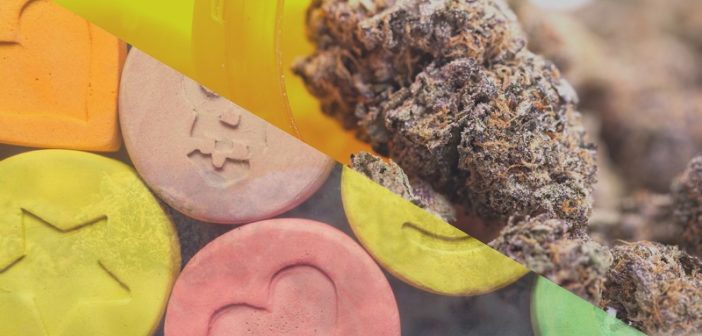A Spanish study examining the correlation between suicidal behavior and the body’s cannabinoid receptors could provide hope for an unconventional treatment option for those suffering from mental pain and suicidal tendencies.
Published in the March issue of Current Psychiatry Reports, a team of researchers from Madrid sought to show the “current serotonin-based biological model of suicidal behavior (SB)” was oversimplified.
One of the primary objectives of this Madrid-based study was to examine existing research on the prefrontal cortex and identify “elevated levels of CB1 receptor activity.” The research was performed on cadavers.
Although they were restricted by genetic diversity and limited to autopsy research, the academics found there “is emerging evidence that other biomarkers and biological systems may be involved in SB pathophysiology.” Amid a lack of scientific literature on the endocannabinoid systems, the objective of the Spanish study was to “review all available information on the relationship between cannabinoid receptors (CB1 and CB2 receptors), and SB and/or psychological pain.”
For their research, scientists examined: “(1) an autopsy study describing elevated levels of CB1 receptor activity in the prefrontal cortex and suicide in both depression and alcoholism and (2) studies supporting the involvement of both CB1 and CB2 receptors in the regulation of neuropathic pain and stress-induced analgesia.”
The scientists concluded, “that cannabinoid receptors, particularly CB1 receptors, may become promising targets for the development of novel therapeutic tools for the treatment of SB.”
A 2013 study by The American Journal of Public Health (AJPH) offers support for their conclusions. From 1990 to 2007, researchers examined state-by-state statistics, comparing data from medical marijuana states with those that embrace prohibition. Per the AJPH abstract, three years after legalization, the suicide rate declined precipitously in those states that legalized medical marijuana. While the data from the AJPH’s study was less precise on female suicide rates – for males in their 20s – the rate fell 10.8 percent and 9.8 percent for men in their 30s.










